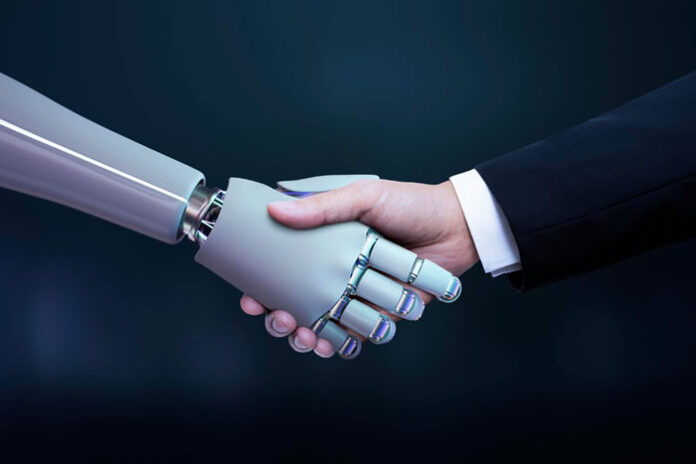In the age of ubiquitous AI, the topic of whether AI can replace human manpower is widely discussed. Although artificial intelligence has made remarkable progress and demonstrated impressive capabilities, there are certain aspects of human interaction and comprehension that are better suited for human virtual assistants.
Machine and Human Virtual Assistants
As a business owner who utilizes AI and virtual assistants to operate my business, I have found that human virtual assistance remains invaluable for several reasons. One key reason is their capacity to understand and navigate complex emotions and subtle nuances in communication. While AI-powered chatbots and virtual assistants have become increasingly sophisticated in understanding and responding to user queries, they often struggle to interpret the underlying emotions, contextual cues, and subtle cues inherent in human conversation. Humans possess inherent empathy, intuition, and emotional intelligence that cannot be replicated. Having a human virtual receptionist enables businesses to provide a more personalized and empathetic touch, creating a positive and engaging customer experience.
AI algorithms are truly remarkable, as they can be customized to suit specific needs. However, human virtual assistants possess the ability to engage in critical thinking and exercise judgment, which are essential in decision-making processes. They bring analytical skills, creativity, and adaptability to the table, assisting users in making informed choices that consider a broader range of factors. This is particularly valuable in domains such as business consulting, legal services, and financial planning, where intricate problems require human expertise and judgment.
Another significant advantage of human virtual assistance lies in the ethical and moral considerations that arise during decision-making. AI algorithms are trained on existing data, which may inadvertently contain biases and reflect human prejudices. Without human intervention, there is a risk of perpetuating or amplifying these biases. On the contrary, human virtual assistants can exercise ethical judgment, challenge biases, and ensure fair and unbiased treatment of individuals. They can also provide explanations and justifications for their recommendations, promoting transparency and accountability.
Customer Experience
Additionally, as mentioned in an article on our website, genuine connections formed through personal calls are crucial. It is important to acknowledge that AI will never be able to establish a truly genuine connection. Human virtual assistants, on the other hand, possess the ability to empathize, understand nuanced emotions, and build authentic connections with individuals. This human touch can greatly enhance the overall experience and effectiveness of virtual assistance.
Moreover, the importance of human virtual assistants becomes increasingly crucial when confronted with unique and unexpected situations that extend beyond the capabilities of AI algorithms. For instance, imagine a scenario where a person is experiencing a medical emergency at home. They are in distress and urgently require assistance. While AI algorithms may provide general medical information, they may not be equipped to handle the specific details and complexities of the situation. In such a case, a human virtual assistant can step in, assess the situation in real-time, provide tailored guidance based on their training and expertise, and even help connect the individual with emergency services if necessary. The human touch and ability to adapt to the unique circumstances can make a significant difference in ensuring the person receives the appropriate help and support they need during a critical moment.
Maximize with Collaboration
It is crucial to acknowledge that the collaboration between humans and AI systems can result in powerful synergies, as my company has experienced firsthand. AI can efficiently handle repetitive and mundane tasks, freeing up human virtual assistants to focus on more complex and value-added activities that require emotional intelligence, creativity, and critical thinking. By combining the strengths of both human and artificial intelligence, we can create a future where technology enhances human capabilities rather than replacing them. In conclusion, human virtual assistance remains indispensable in an AI-driven world due to its unique abilities in understanding emotions, exercising judgment, addressing ethical concerns, adapting to unforeseen situations, and fostering genuine human connections. While AI continues to advance, it is the harmonious integration of human and artificial intelligence that will ultimately yield the most beneficial and human-centric outcomes. Ultimately, achieving the right balance and appropriately delegating tasks to AI and human virtual assistants is key.
















